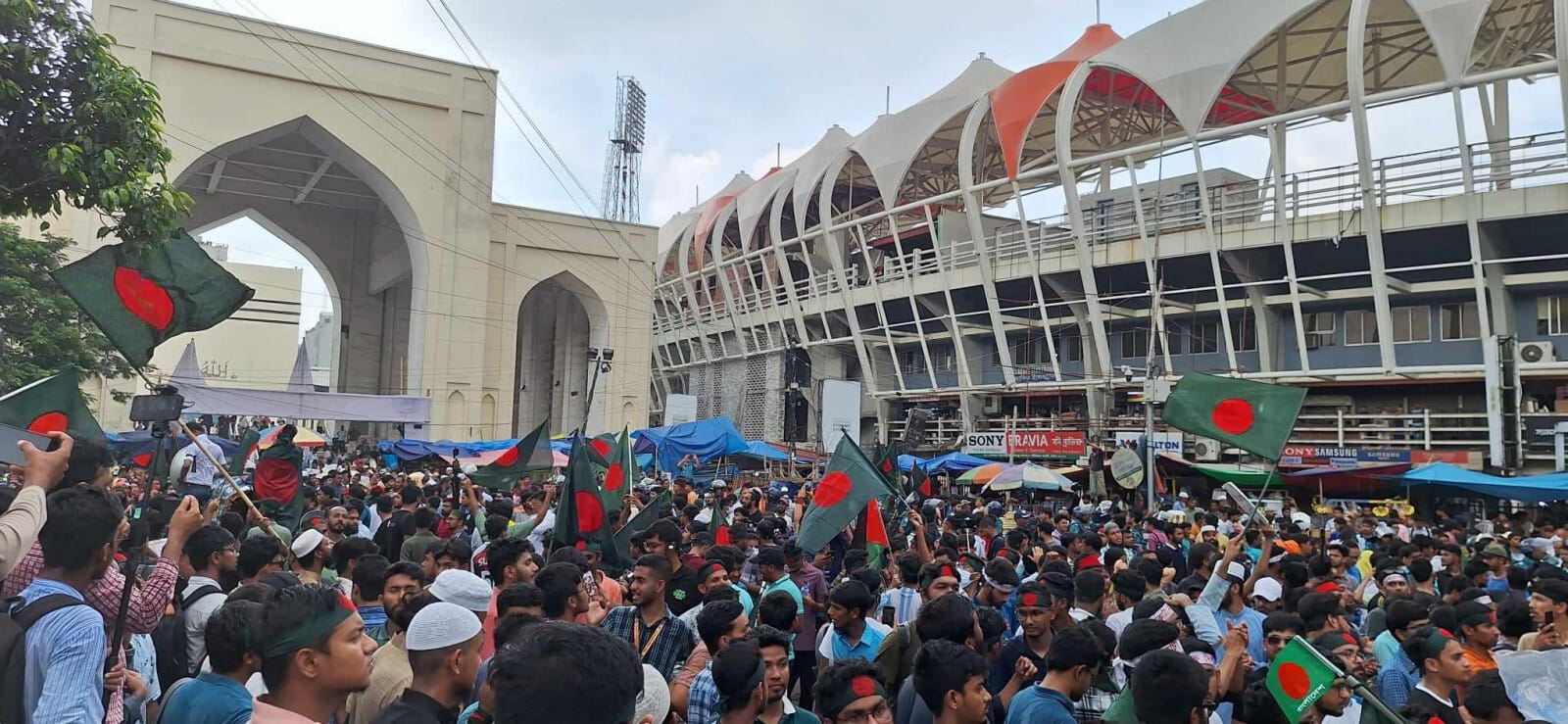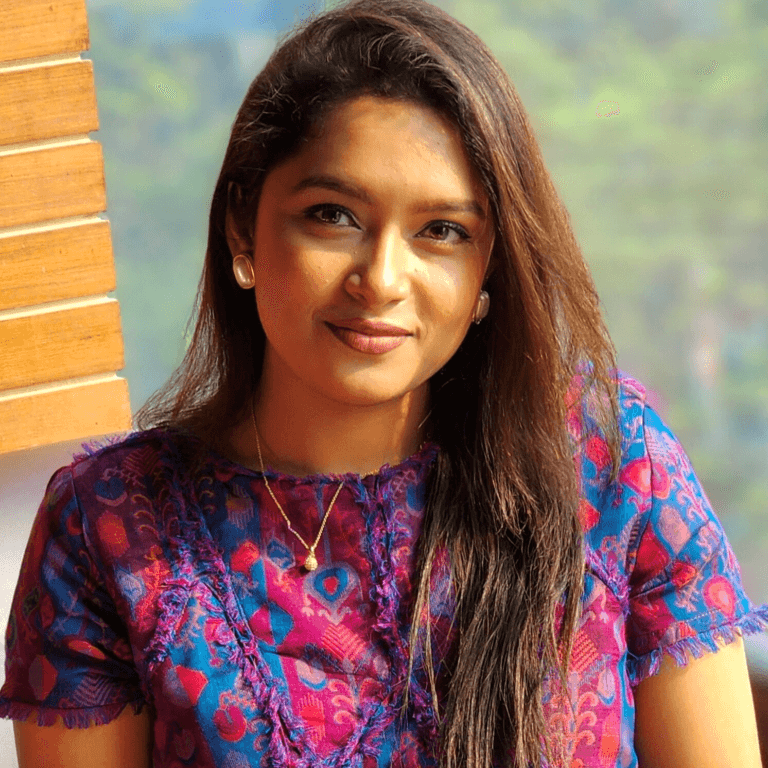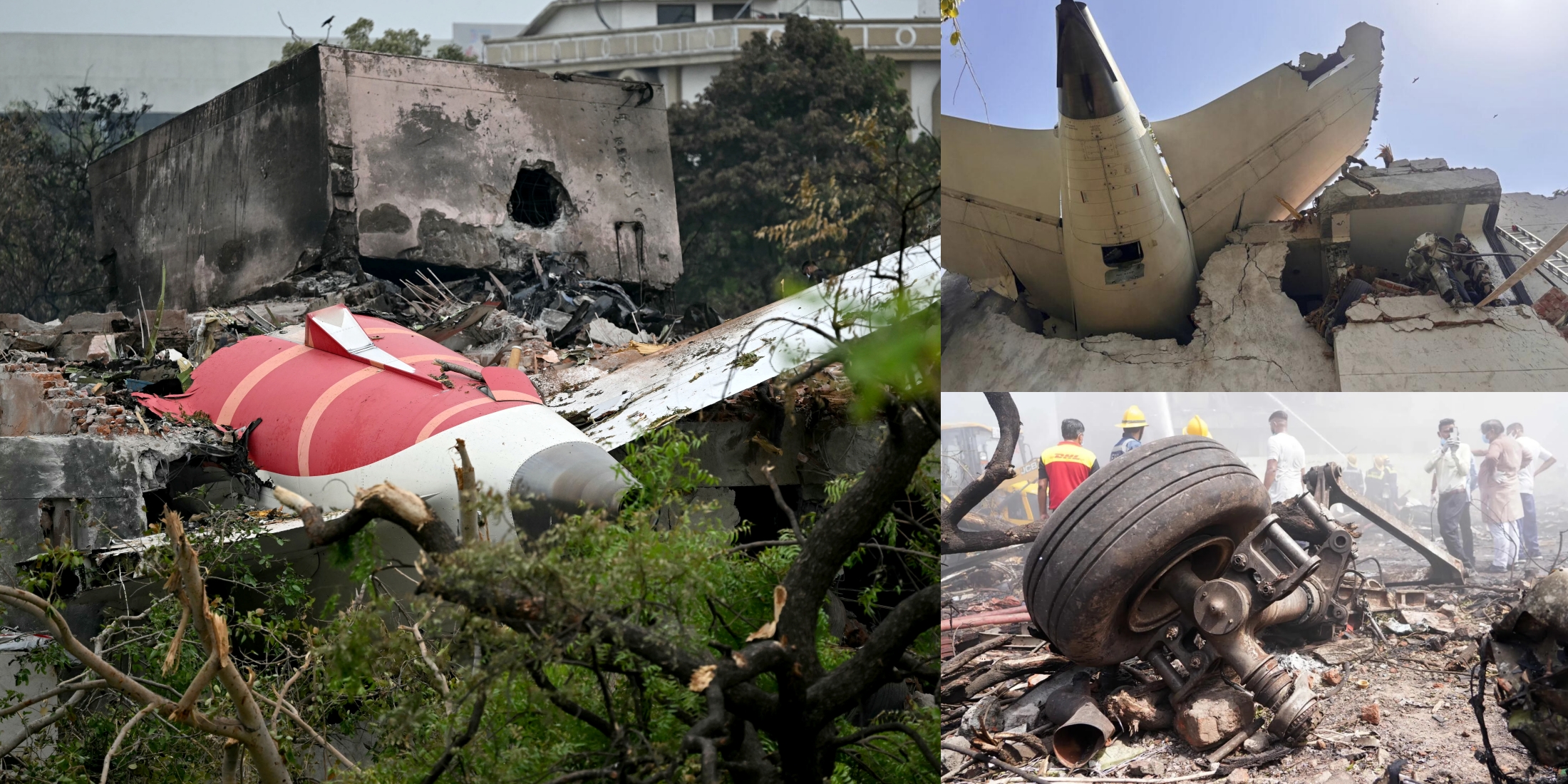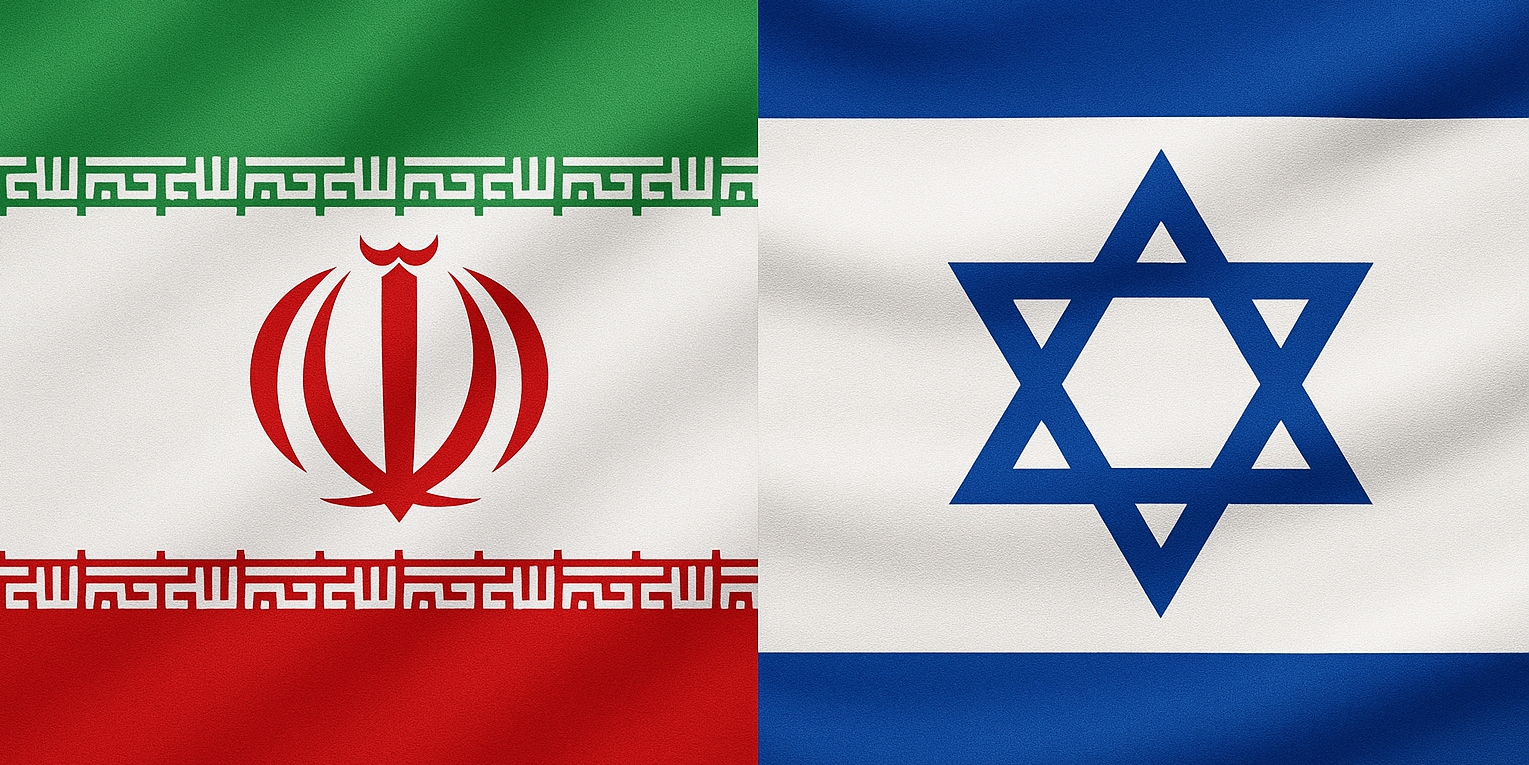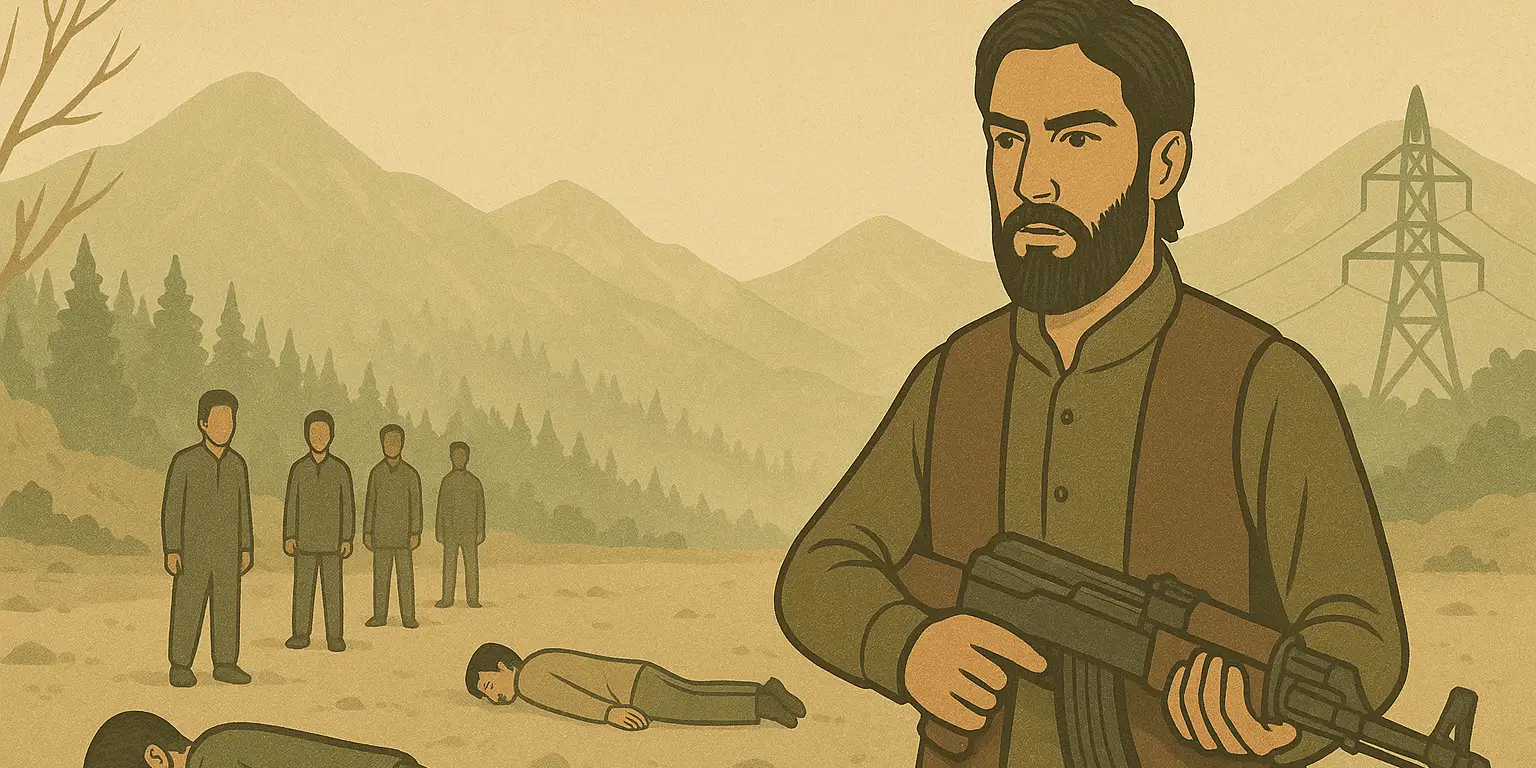The ongoing quota reform movement took a new turn as anti-quota protesters, on Saturday, July 13, held a press briefing to announce upcoming events and emphasize their demands. In the briefing, the students, who had been protesting for quite some time, claimed the police filed a misleading case against them. The demonstrators demanded solutions despite the authority’s hardline stance of taking legal action against “unidentified students” for damaging police vehicles. They had announced to hold a protest march towards the president’s official residence, Bangabhaban, on the next day (July 14).
Earlier, on the previous day, on July 12, the organizers of the “Anti-Discriminatory Student Movement” declared a coordination meeting of students from universities and colleges across Bangladesh to be held on July 13. They asked the government to implement their one-point demand to reform the quota system, with a 5% reservation for underprivileged communities.
At the press briefing in front of the University of Dhaka central library on July 13, Asif Mahmud, a coordinator of the movement, blamed the police for provoking protesters by disrupting their activities. While referring to a recorded conversation with a Ramna Zone police officer, he claimed the students did not damage the police vehicle and said that the case files had false and fabricated allegations and misinformation was being spread.
Although it was a weekly holiday on July 13, students continued their movement. Protests went on across the country, showing their unwavering determination. Protesters of Jahangirnagar University, the University of Dhaka, and Rajshahi University blocked roads, chanted slogans, and held sit-ins.
Many students expressed frustration over the government’s inaction, despite weeks of demonstrations, but the unity among students was evident.
Amid the growing unrest, police accused several anti-quota protesters of unlawful assembly and disruption of public movement. Detective Branch (DB) Chief Harun Or Rashid said in a press briefing on July 13, “Without following the High Court’s instructions, if someone blocks roads, attacks vehicles, and throws brickbats in the name of agitation, we can assume that infiltrators are doing these things,” reported The Business Standard.
Police filed a case against them for attacking policemen during the ongoing movement. Shah Alam Md Akhtarul Islam, additional deputy commissioner (Ramna Zone) of Dhaka Metropolitan Police, confirmed the matter to The Daily Star. Subsequently, a general diary was filed at Shahbagh Police Station.
In the case statement, it was mentioned that on July 11, at one point, protesters crossed Shahbagh, forming an illegal assembly that provoked riots and hampered government duties. They broke through the police barricade at Shahbagh and clashed with officers, injuring the policemen on duty.
Aside from police officers’ strict stance against the demonstrators, policymakers’ unresponsive statements intensified the movement. Home Minister Asaduzzaman Khan Kamal addressed the students to call off their demonstrations. He said, “The students’ movement should be stopped because there are quotas everywhere in the world. All countries have some backward areas, just as we have quotas for ethnic minorities.”
Meanwhile, Awami League General Secretary Obaidul Quader strongly criticized the protests as unconstitutional. The government would not alter the quota system until the Appellate Division announces its verdict. According to the GS, there was nothing to do about the quota issue as it was before the court.
Quader’s comments sparked mixed reactions, with some seeing them as a warning and others as ignoring students’ concerns. Experts at a roundtable on July 13 emphasized the need to reform the quota system for equal opportunities and urged the government to engage with protesters for a solution.
By the end of July 13, Hasnat Abdullah declared the fresh program in a press conference, saying “We will hold a protest march tomorrow (Sunday, July 14) at 11 am, starting from Dhaka University campus. Students from different districts will [come together and] present their demands in a letter to the President. Outside Dhaka, demands will be handed over to the deputy commissioners.”
They declared a memorandum to the president outlining their one-point demand. This memorandum would include an emergency parliamentary session to pass rational quota reforms in all grades of government jobs.
The protesters expressed their dissatisfaction by referring to the case filed against “unidentified” students. They demanded justice for the police crackdown that injured at least 30 students at Cumilla University. While addressing future events of the movement, they urged the withdrawal of the police case within 24 hours.

